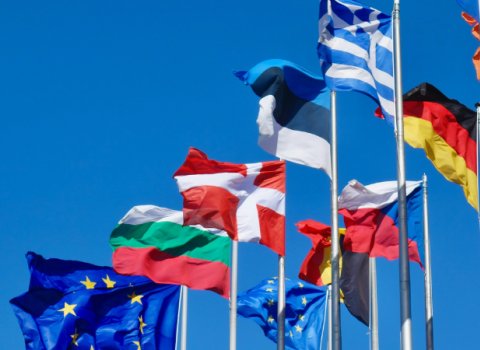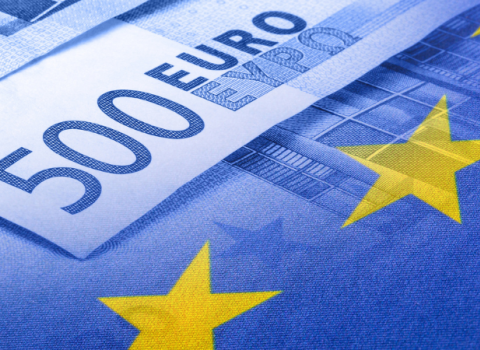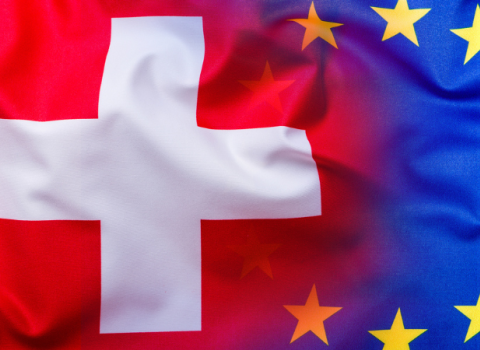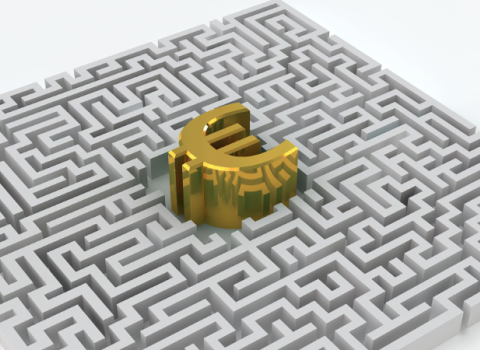
The ITER fusion reactor
This proposal, put forward by the European Commission this week, requires approval from the European Parliament and the Council. The reallocation of funds is necessary because Europe’s costs for the nuclear fusion project have more than doubled from an initial estimate of €2.7 billion, the Commission said this week.
Most urgently, the EU needs to find around €1.4 billion to meet estimated cost increases in Europe’s contribution to ITER in 2012 and 2013. The Commission proposes reallocating €100 million from FP7 in 2012 and €360 million in 2013. It also suggests an initial €400 million transfer of unused funds from other EU budgets, with a further such transfer to be detailed later.
“The EU needs to show the vision and the resolve beyond the immediate financing difficulties and meet its international commitment to this project,” EU Commissioners Janusz Lewandowski, responsible for budgets, and Maire Geoghegan-Quinn, in charge of research, said in a joint statement.
In a meeting on July 12, member states asked the Commission to adopt a new, lower baseline estimate of €6.6 billion, compared with the €7.2 billion estimated by the agency managing the EU’s role in the project, for the EU contribution to the construction of ITER during a period of 2007-2020.
The Commission said it will probably support this revision at an extraordinary ITER Council meeting to be held on 27-28 July in Cadarache, France, the site of the reactor.
ITER is an international project, involving the EU, the US, China, Japan, India, Russia and South Korea, that aims to demonstrate the potential of nuclear fusion as an energy source.





 A unique international forum for public research organisations and companies to connect their external engagement with strategic interests around their R&D system.
A unique international forum for public research organisations and companies to connect their external engagement with strategic interests around their R&D system.